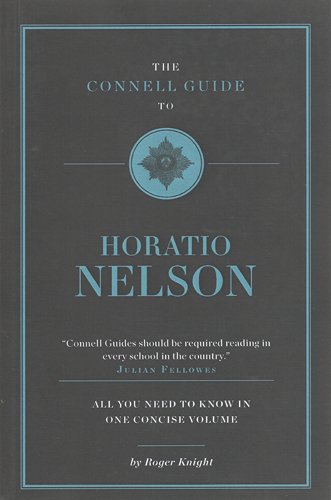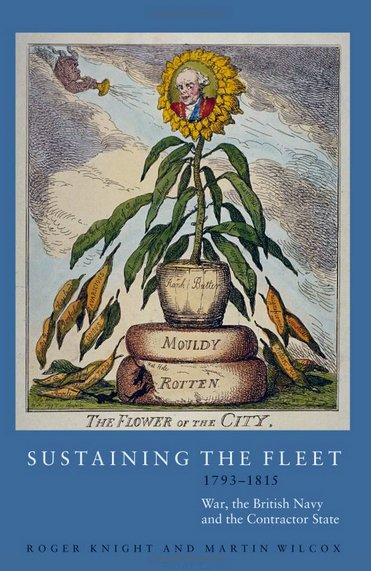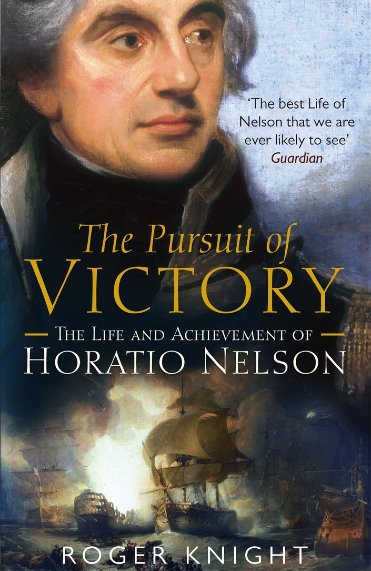Books
Convoys: The British Struggle against Napoleonic Europe and America
London: Yale University Press, August 2022
This book is the first study of sailing convoys in the last of the Great Wars with France, from 1803 to 1815. More convoys and merchant ships sailed in this war than in the comparatively short Second World War, although, of course, the size of the ships and cargoes were much smaller. It was an extremely complex conflict. Between 1803 and 1815, Britain was at war with ten countries.
Fundamental to the survival of Britain in the long wars of attrition between 1803 and 1815 was the world-wide protection of its trade. Sugar, coffee and tea had to be imported and manufactured goods exported, so that industrial and financial confidence were maintained. The raw materials of war had to reach Britain continuously: timber and hemp from the Baltic, for instance, sulphur from Sicily and Saltpetre from Bengal. In addition, thousands of soldiers and cavalry had to be transported to and from Europe, India and the West Indies.
Then in 1812 the United States declared war, just at a point when the British were running out of seamen, because of the relentless conditions and ship losses. At this point, the convoy system had all but unravelled. Losses to American warships and privateers were at their highest in 1814 after Napoleon had abdicated.
But overall, the greatest enemy was the sea itself. Winter storms and hurricanes claimed more casualties than did enemy warships and privateers. Small British sloops and brigs had to escort ocean convoys, for which they were not designed. Too many disappeared without trace.
The Connell Guide to Horatio Nelson
Connell: 2017
This 90-page short guide contains all you need to know about the life of Admiral Lord Nelson. Instead of chapters, it asks eleven questions. How did Nelson achieve such rapid promotion? Why was he so criticised for his conduct at Naples in 1799? What was the problem when he signed a rapid ceasefire with the Danes at Copenhagen in 1801? Why was Trafalgar so important? With a chronology and a guide to current scholarship, Horatio Nelson is an excellent introduction to the subject.
William IV: A King at Sea
Penguin Monarch Series, 2015
William IV was perhaps the most unsuitable monarch in the long line of Kings and Queens of England, reigning for seven years just before Queen Victoria ascended the throne in 1837. His formative years were spent in the navy, because his father, George III, thought that naval discipline would cure his unruly behaviour. This short book proves that it was an experiment which failed, as he was entirely unsuited for the life. Indeed, he turned out to be a better king than he was a naval officer, which was not saying a great deal.
Britain against Napoleon: the Organization of Victory, 1793-1815
London: Allen Lane/Penguin, 2013
This book explores how Britain survived this long war with a much more powerful enemy. It shows how every part of the nation was involved: industrialists, farmers, shipbuilders, gunsmiths and gunpowder manufacturers. It explores the role of government, its intelligence arms and the role of the bankers and traders of the City of London. Faced by the most powerful army in Europe, just across the Channel, it shows how the entire country was mobilized, which eventually triumphed. It is currently being translated into French.
(with Martin Wilcox) Sustaining the Fleet, 1793-1815: War, the British Navy and the Contractor State
Woodbridge: Boydell Press, 2010
This monograph was the main result of a Leverhulme research grant which was used to understand the system of victualling the British navy at the time of the Great Wars with France. An elaborate system of well designed and run contracts enabled everything from salted beef, sugar, rum and fresh vegetables to be supplied to British warships around the world. Every part of the British Isles was involved in the supply chain, and fleets of merchant ships chartered as government transports took these supplies across the world.
The Pursuit of Victory: The Life and Achievement of Horatio Nelson
London: Allen Lane, Penguin, 2005
This large biography was published for the bicentenary of the battle of Trafalgar. Using primary sources in England and America, it despatched many legends and exaggerated stories which surrounded Admiral Lord Nelson. It looks in detail at the British navy in general, with its many advantages which Nelson was able to employ over his French and Spanish enemies. The book won a number of prizes and in 2015 it was translated into French.





